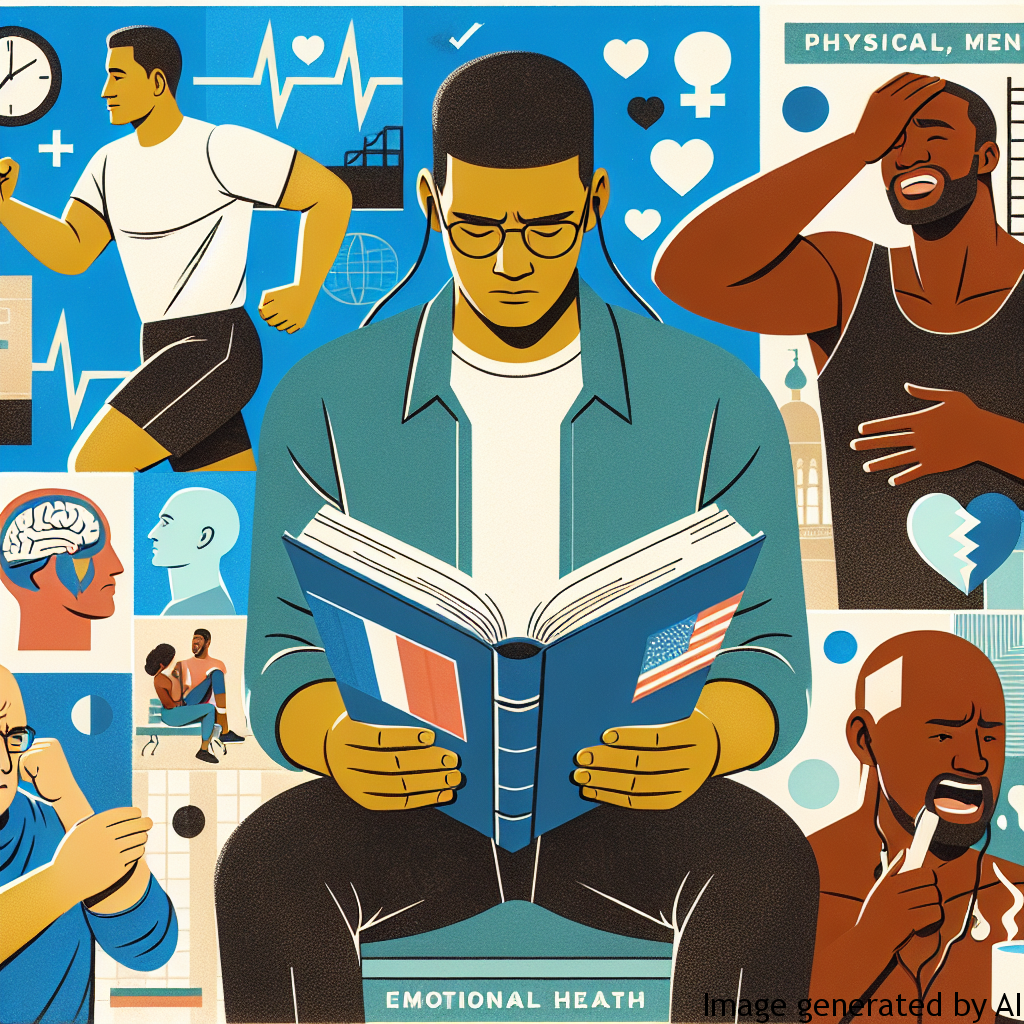Introduction
Sex and gender have a significant impact on an individual’s psychological development. While sex refers to the biological distinction between males and females, gender alludes to the roles, behaviors, and expectations society assigns to both sexes. These gender roles and expectations rampantly differ across cultures and societies and deeply influence individuals’ identities, perceptions, and mental health. This article will discuss the ways gender expectations affect men’s psychological health and how gender roles can impact men’s lives. It will also provide tips for improving psychological health considering these gender roles.
Description of Gender Expectations and Their Impact on Men’s Psychological Health
Traditionally, men in many societies are expected to exhibit traits such as strength, stoicism, dominance, and financial provision. These expectations can significantly impact their psychological wellness.
The Masculinity Paradox
Adherence to these traditional masculine norms can often lead to what psychologists refer to as the “masculinity paradox.” It describes the situation where men, while trying to live up to societal expectations, engage in behaviors detrimental to their health. For instance, to uphold the notion of strength and invincibility, men are often reluctant to seek help for mental health issues, leading to exacerbated mental health symptoms.
Pressure to Succeed
Moreover, the societal pressure on men to be the primary income earners can generate immense stress, potentially resulting in anxiety and depression. Failure to fulfill such expectations can lead to feelings of inadequacy, low self-esteem, and subsequent psychological distress.
Examples of How Gender Roles Can Impact Men’s Lives
The effects of rigid gender expectations are visible in various areas of men’s lives. For example, the promotion of aggression and toughness in men often results in higher rates of violence and crime among males. The portrayal of men as emotionally detached can also hinder their ability to form deep and intimate relationships, leading to loneliness and isolation. Additionally, the abhorrence of vulnerability in men can deter them from seeking timely medical or psychological help, leading to poorer health outcomes.
Tips for Improving Psychological Health Considering Gender Roles
The key to improving men’s psychological health in light of these gender roles is reshaping the perceptions of masculinity. Encouraging men to embrace vulnerability and seek help when necessary can significantly reduce stress and improve their psychological wellbeing. Cultivating a culture that values emotional intelligence and communication can also help men cultivate healthier relationships. Additionally, stress management techniques, such as exercise, meditation, and maintaining a balanced diet, can contribute to improved psychological health.
Conclusion
Undoubtedly, the intersection of sex and psychological development is a complex and critical area of study. It is vital to challenge traditional gender norms that lead to adverse psychological outcomes and pave the way for a more comprehensive understanding of masculinity. By doing so, we can promote healthier psychological development for all, regardless of their sex.

